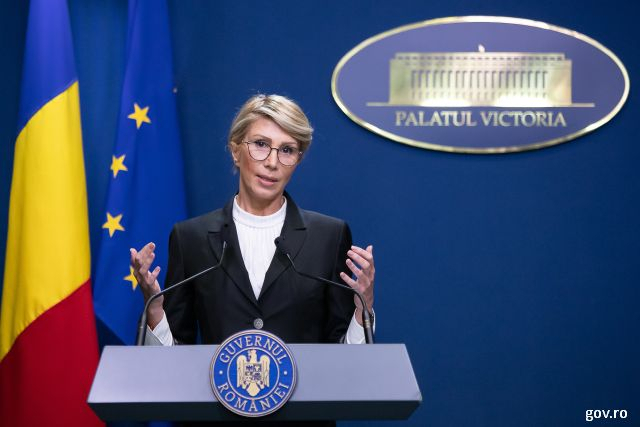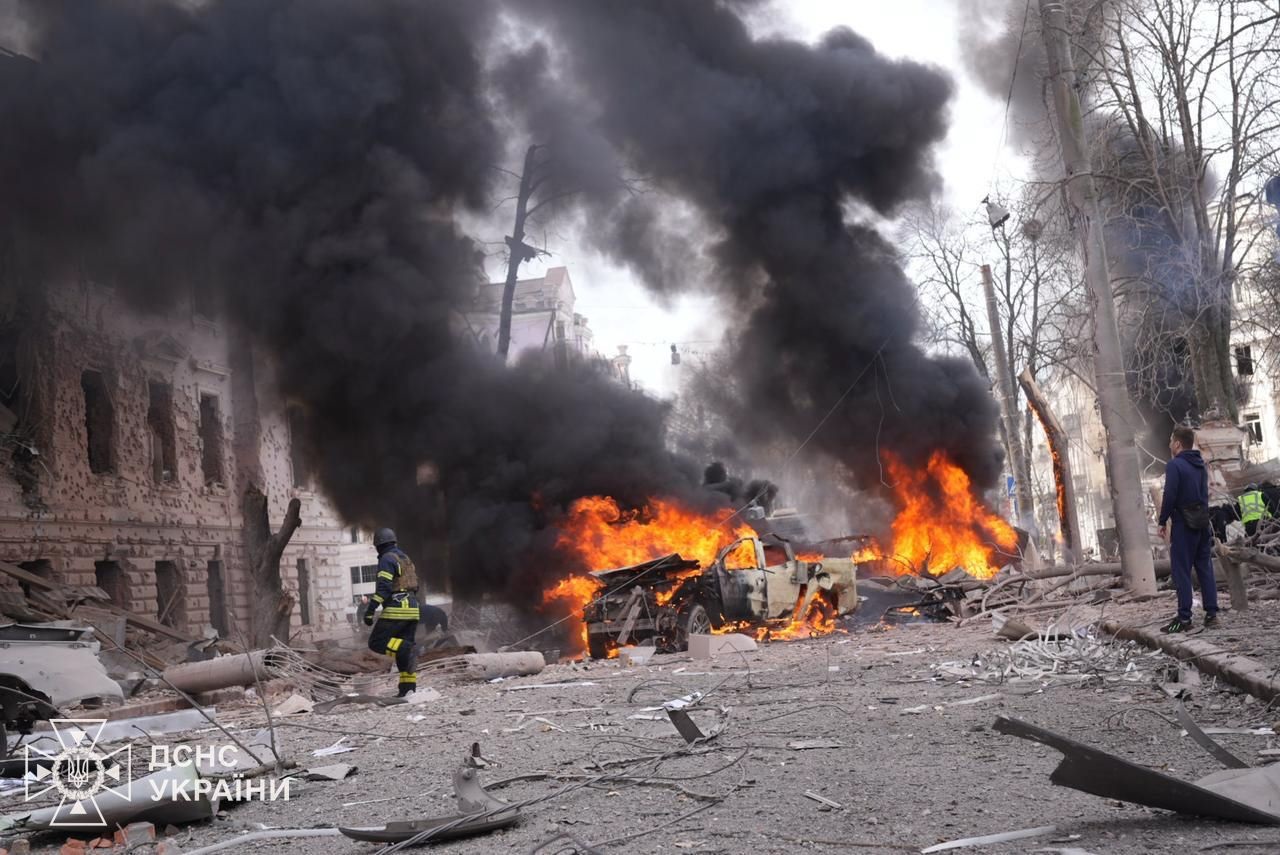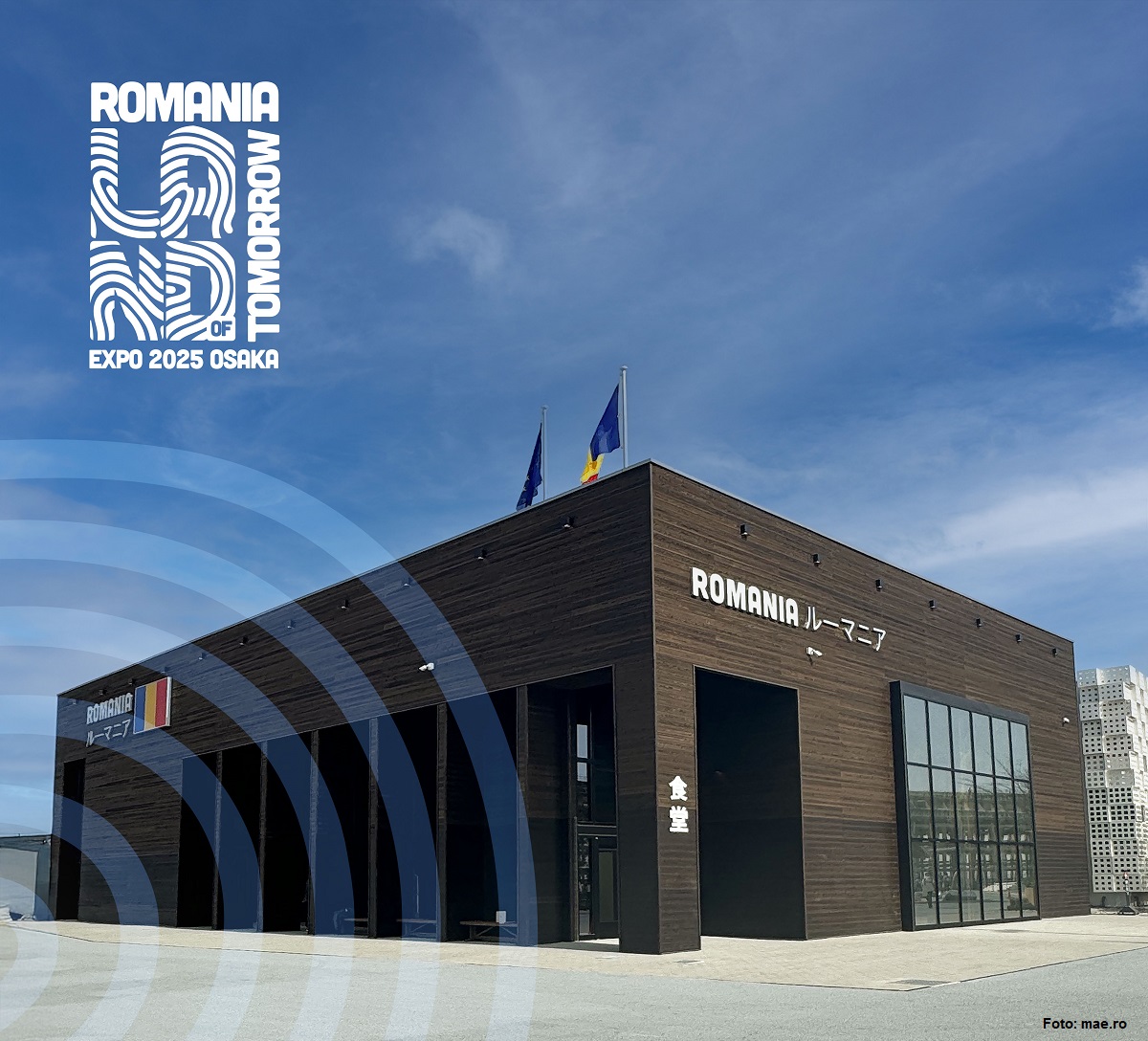Debates on gender inequality
In the European Unions 2020 gender equality report, Romania is much below the EU average.

Roxana Vasile, 20.05.2021, 13:50
Although some inequity still exists, the European Union has made substantial progress in the past few decades towards ensuring gender equality. According to the European Commission, there are encouraging signs, with a growing number of women working and obtaining better qualifications. The number of women working in poorly paid sectors and holding fewer decision-making positions is still large.
Brussels has a strategy in place to make sure that by 2025 Europe is even closer to the goal of becoming a continent where men and women are equal. All Europeans, women and men, girls and boys, should enjoy the freedom to find and follow their path, should have equal chances to prosper, should be equal members of society and become leaders, if they deserve it, the strategy argues. Key targets include ending violence against women, fighting gender stereotypes, doing away with gender disparities in the labour market and ensuring equal participation in various economic sectors, bridging the wage gap, eliminating gender disparities in terms of family responsibilities and reaching gender balance in decision-making processes and in politics.
Against this background, the Romanian labour minister Raluca Turcan, attending the 3rd edition of the ʹWomen In Economyʹ Gala organised by the National Confederation of Women Entrepreneurs (CONAF), said that unfortunately gender inequality and discrimination are not seen as imperative issues in Romania. Women appear to have enough representatives in all areas, and access to opportunities seems to be equal.
However, at a closer look, the statistics provided by EU institutions and private structures indicate that substantial gaps exist. According to Raluca Turcan, the global Mastercard Index of women entrepreneurs indicates that only 27% of the existing businesses are held by women.
Conversely, for instance, Eurostat says that during the pandemic the share of women in the front line of healthcare services was 80%, as against 20% for men, which proves that in some sectors women are a lot more vulnerable to the shocks caused by the crisis.
Romania is an open society and progress has been made, but this doesnt make Romanians less traditionalist, added the labour minister Raluca Turcan, one of the only 2 women ministers in the current cabinet in Bucharest. (tr. A.M. Popescu)






























